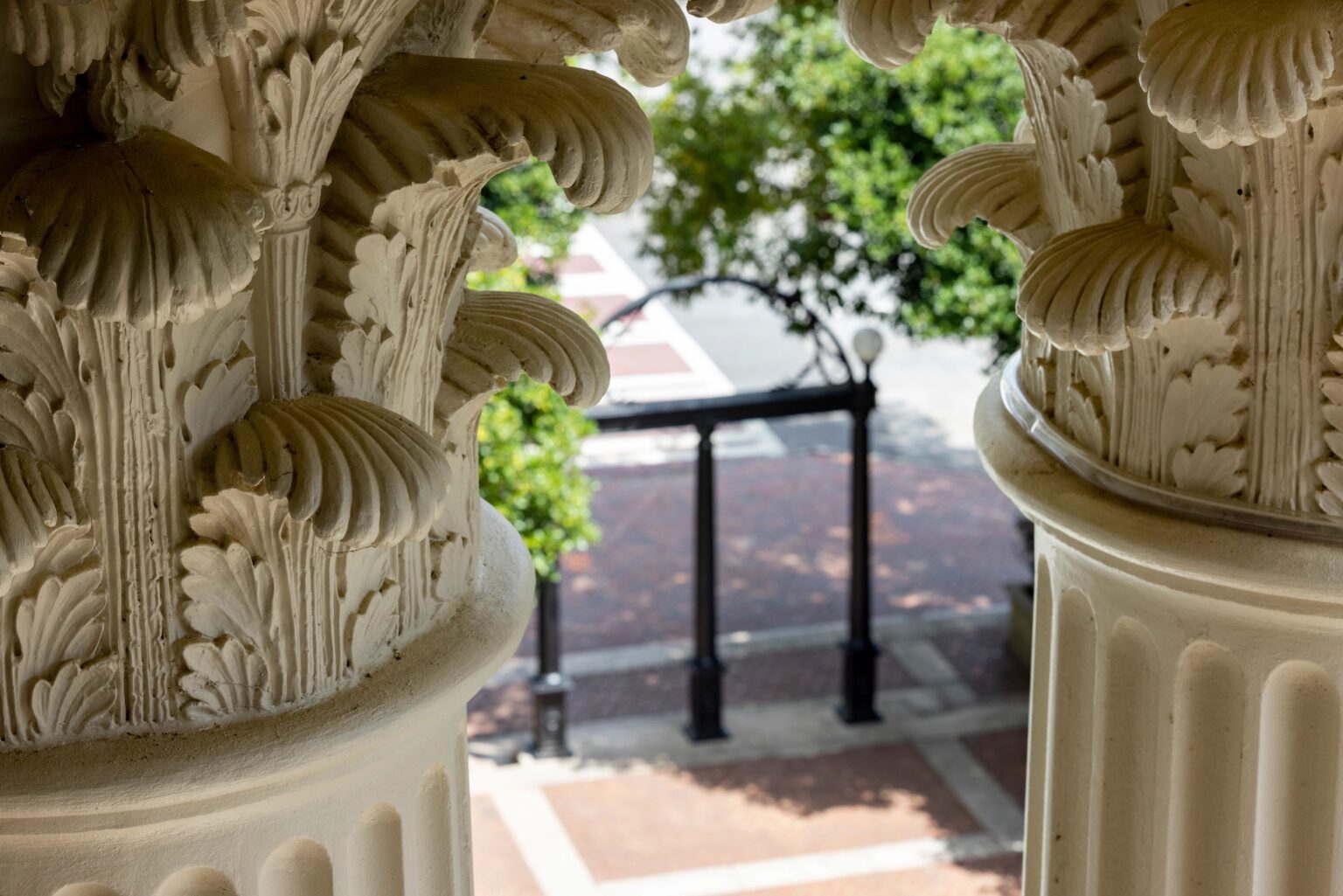University of Georgia
Mary Evans says she fell in love with nature and creation at an early age. When she heard about an adult wildlife education program called Georgia Master Naturalist, she knew it was right up her alley.
“I loved the program. It gave me a better understanding of the world around me, some of the broken aspects of my community and the political and spiritual challenges to restoring it,” said Evans, who lives in Dekalb County.
The program promotes wildlife education, said Michael T. Mengak, program coordinator and wildlife specialist with the Warnell School of Forestry and Natural Resources.
“The program is important because it provides a sound basis for environmental education, not influenced by TV or advertisers,” said Mengak. “We try to supply factual, sound, scientific-based information. The volunteers can then make their own decisions.”
The GMNP covers a wide range of topics, including forestry, wildlife management, agriculture, water resources and general information, like plant and bird identification and global positioning system technology.
The eight-week program is offered through Warnell. UGA Cooperative Extension agents coordinate the program in their counties.
Participants learn from experts who manage natural resources at UGA, the Department of Natural Resources and the Georgia Forestry Commission.
“It impacts the state by having an adult core that is trained, and afterwards they can volunteer for the state and apply that in their community,” Mengak says. “It doesn’t require hours like some programs. It encourages volunteerism in the program.”
“What I like best about the program is that, as a state and national program, you can adapt the issues to your particular county. It’s not set in stone, as we all don’t have the same environmental issues,” said Jule-Lynne Macie, a UGA Extension agent in Rockdale County.
Master Naturalist volunteers in Rockdale County have created environmental groups, worked to control invasive species and are more supportive of environmental issues and organizations in their area, said Macie.
According to a participant survey, Mengak said, 80 percent report volunteering in their communities in a way that used what they learned in the program.
“I have written articles in our local newspaper, started a Caring for Creation team at church and speak with greater assurance on topics,” Evans said. “Taking the program was a nurturing experience for me.”
For more information about the program, e-mail mmengak@forestry.uga.edu. Or, visit the Georgia Master Naturalist Program Web site at http://warnell.forestry.uga.edu/faculty/html/mengak/gmnp.html.






